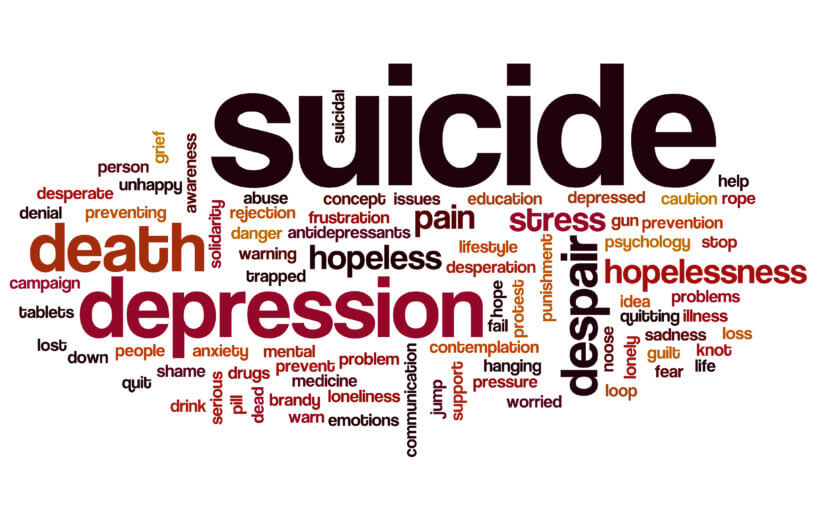LONDON — People diagnosed with early onset dementia are up to seven times more likely to take their own life, a new study warns.
The study of more than 590,000 patients in the United Kingdom found an increased risk of suicide connected to dementia among patients developing the condition before the age of 65. Researchers also found a rise in suicide risk among patients receiving a dementia diagnosis within the previous three months.
In the United States, more than six million people are living with Alzheimer’s disease — the most common form of dementia. One in three seniors dies with Alzheimer’s or another form of the disease. Overall, dementia kills more adults than breast cancer and prostate cancer combined, according to the Alzheimer’s Association.
Estimates show that only two-thirds of those living with dementia have received a formal diagnosis from their doctor. While health organizations are working to improve access to screening options for aging adults, there is still a shortage of resources which support patients already dealing with the neurodegenerative condition.
Researchers from Queen Mary University of London and Nottingham University undertook a study of medical records from 2001 to 2019 to determine if there was a link between dementia diagnosis and suicide risk. Results show that roughly two percent of patients diagnosed with dementia die by suicide.
However, the findings, published in JAMA Neurology, showed that patients were more likely to engage in self-harm if their diagnosis came before their 65th birthday, in the first three months after a diagnosis, or if they had a history of psychiatric illness.
‘A dementia diagnosis can be devastating’
Of the 4,940 patients diagnosed with dementia, 1.92 percent died by suicide. Compared with patients without a dementia diagnosis, patients receiving a dementia diagnosis before the age of 65 had a 2.82 times increased risk of suicide.
Patients of any age who were within the first three months of receiving a dementia diagnosis saw their risk of suicide increase 2.47 times. People with dementia who died by suicide were also noticeably younger at their time of death (76.05 years-old) than patients with dementia who died of other causes (80.50).
The research team says that early recognition and a timely accurate diagnosis of dementia, combined with specialist support, are “hugely important” factors in reducing the distress caused by a young onset diagnosis.
“Improving access to a dementia diagnosis is an important healthcare priority. However, a dementia diagnosis can be devastating, and our work shows that we also need to ensure that services have the resources to provide appropriate support after a diagnosis is given,” says senior author Dr. Charles Marshall, Clinical Senior Lecturer and Honorary Consultant Neurologist at the Wolfson Institute of Population Health at Queen Mary University of London, in a media release.
“These findings suggest that memory clinics should particularly target suicide risk assessment to patients with young-onset dementia, patients in the first few months after dementia diagnosis and patients already known to have psychiatric problems,” adds lead author Dr. Danah Alothman, a researcher at the University of Nottingham.
South West News Service writer Stephen Beech contributed to this report.

